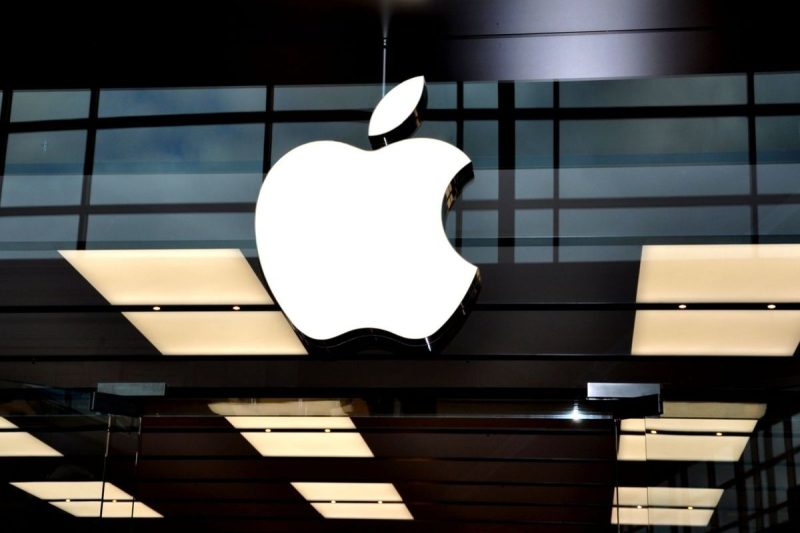In a move that has generated significant buzz in the tech community, Apple’s recent partnership with OpenAI has sparked a heated debate over privacy concerns, particularly drawing attention from none other than tech mogul Elon Musk. The collaboration between Apple, known for its high standards in privacy protection, and OpenAI, a leading artificial intelligence research laboratory, has thrust into the spotlight the increasingly complex intersection of technology, data privacy, and AI ethics.
At the core of the debate lies the question of how the partnership will impact user privacy and data security. Apple, a company renowned for its stringent privacy policies and commitment to protecting user data, has built a brand on prioritizing customer trust. In contrast, OpenAI, with its focus on cutting-edge AI research, raises concerns about potential implications for data privacy given the vast amounts of information that AI systems require to operate effectively.
Elon Musk, a vocal advocate for AI regulation and data privacy, wasted no time weighing in on the partnership, expressing his reservations about the potential implications for user data protection. Musk’s concerns stem from his broader advocacy for ethical AI development and transparent data practices in the tech industry. As a prominent figure in the sphere of AI ethics and regulation, Musk’s critique carries weight and highlights the need for continued vigilance in safeguarding user privacy in the era of advanced AI technologies.
The partnership between Apple and OpenAI, while promising in terms of technological advancements and innovation, underscores the importance of maintaining a balance between technological progress and ethical considerations. As AI continues to permeate various aspects of everyday life, from smart devices to autonomous vehicles, the responsibility falls on tech companies to uphold strong data privacy standards and prioritize user trust above all else.
Moving forward, it is imperative for Apple and OpenAI to address the privacy concerns raised by industry experts and users alike. Transparency in data practices, clear communication about how user data is collected and used, and robust encryption measures are essential steps to ensure that privacy remains a top priority in the development and deployment of AI technologies. By proactively engaging with these issues and heeding the calls for greater data protection, Apple and OpenAI can set a precedent for responsible AI innovation that upholds the values of user privacy and trust.

